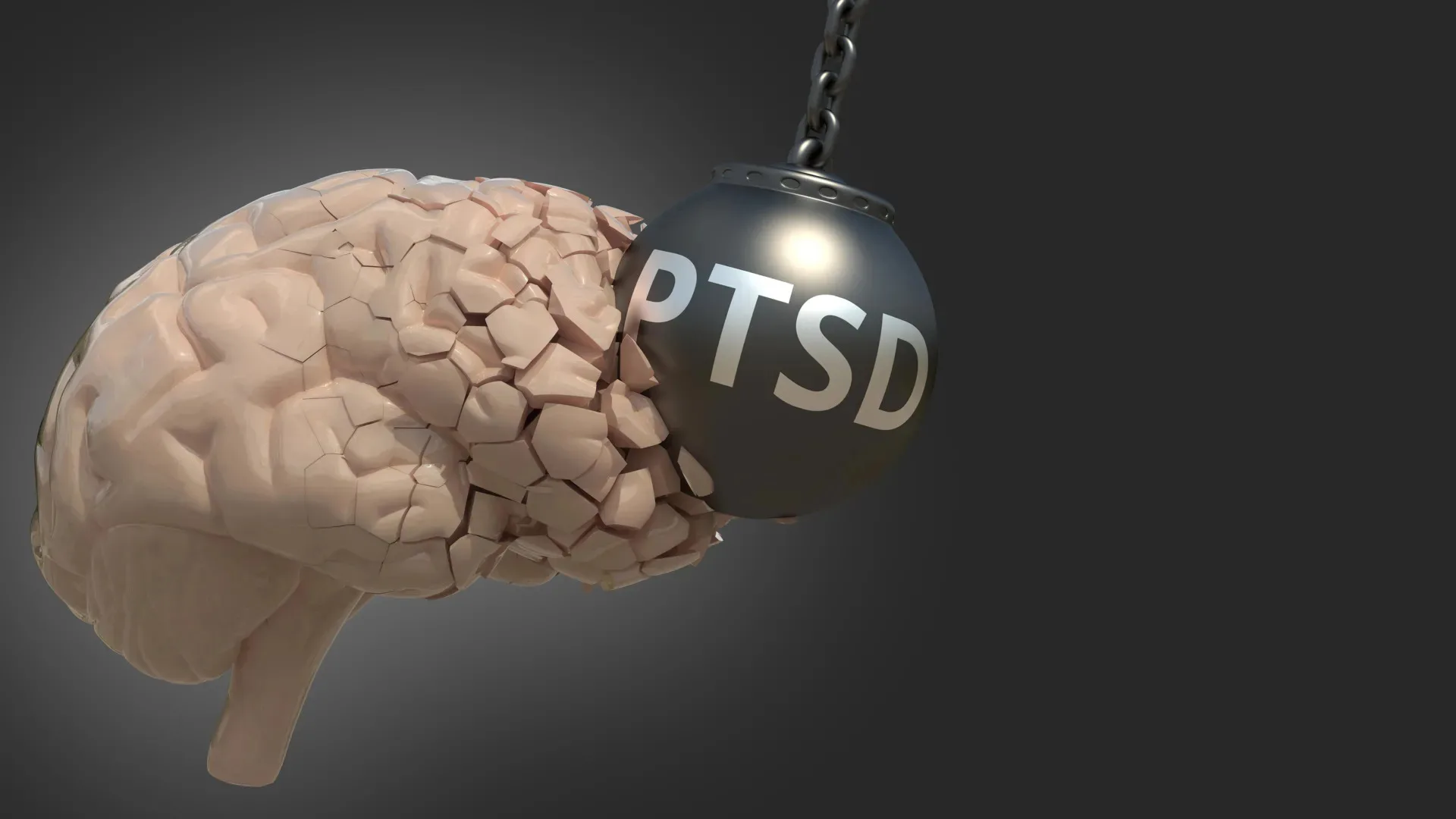Breakthrough Discovery: Astrocytes and GABA Imbalance Linked to PTSD
Exciting new research sheds light on the underlying mechanisms of Post-Traumatic Stress Disorder (PTSD), suggesting that an imbalance of the neurotransmitter GABA, stemming from astrocytes rather than neurons, may be a key driver of the condition. This discovery challenges previous understandings and opens up potential new avenues for treatment.
The Role of GABA in Fear and Memory
GABA (gamma-aminobutyric acid) is a crucial neurotransmitter responsible for inhibiting nerve transmission in the brain. It plays a vital role in regulating anxiety, sleep, and overall brain function. This new study reveals that an overabundance of GABA, specifically released by astrocytes – star-shaped glial cells in the brain – interferes with the brain’s ability to extinguish fear memories, a hallmark symptom of PTSD.
Astrocytes vs. Neurons: A New Perspective
Traditionally, research has focused on the role of neurons in PTSD. However, this study highlights the significant contribution of astrocytes to the GABA imbalance, offering a fresh perspective on the disorder’s neurological basis.
KDS2010: A Potential Game-Changer
The promising aspect of this research is the development of a novel drug, KDS2010, designed to reverse the effects of excess GABA from astrocytes. In preclinical trials using mice, KDS2010 effectively restored the brain’s ability to forget fear, demonstrating significant potential for treating PTSD.
Human Trials Underway
Even more encouraging is the fact that KDS2010 is already undergoing human clinical trials. If successful, this drug could represent a significant breakthrough in the treatment of PTSD, offering hope to millions affected by this debilitating condition.
Final Overview: A New Era in PTSD Treatment?
The discovery of the link between astrocyte-derived GABA and PTSD, coupled with the development of KDS2010, marks a potentially transformative moment in the fight against PTSD. By targeting the underlying chemical imbalances in the brain, this new approach could offer more effective and targeted therapies for those suffering from this complex disorder.




+ There are no comments
Add yours